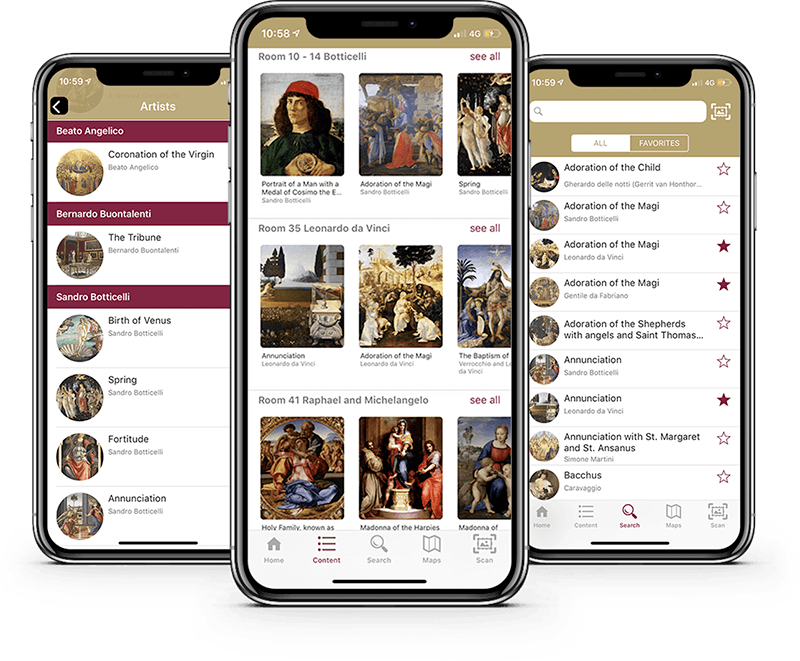The Uffizi Gallery (Galleria degli Uffizi) is one of the most renowned art museums in the world, located in the heart of Florence, Italy. Its origins date back to the 16th century when it was initially conceived by Francesco I de’ Medici, Grand Duke of Tuscany. Originally intended as the offices (uffizi) for Florentine magistrates, the building was designed by Giorgio Vasari and later transformed into a museum to house the art collections of the ruling Medici family.
Over the centuries, the Uffizi Gallery has undergone several transformations. From its early days as a space for government offices, it became a treasure trove of Renaissance art, with works by artists like Leonardo da Vinci, Michelangelo, Botticelli, and Raphael. The Medici family, who were passionate art collectors, gradually expanded the collection, turning the Uffizi into a museum accessible to the public. Today, the gallery stands as a symbol of Florence’s cultural heritage, attracting millions of visitors from around the globe.


